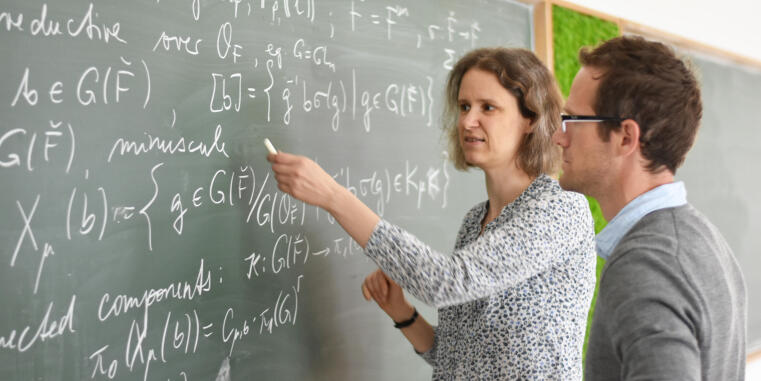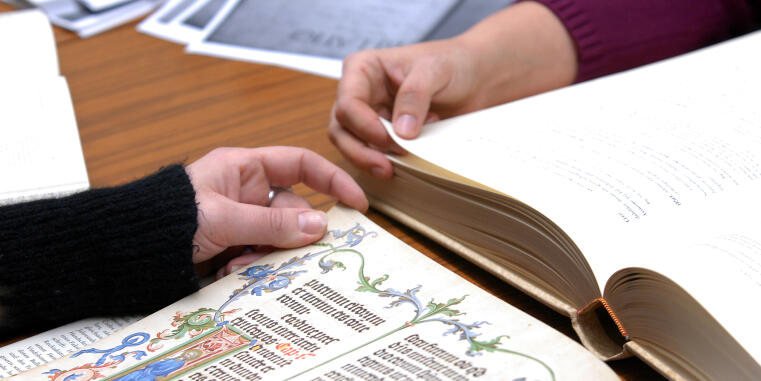





Over 600 professors and more than 5.100 academic employees research and teach within 15 faculties. The Clusters of Excellence "Religion and Politics" and "Mathematics Münster" bring researchers together from different faculties and sub-disciplines of the University. Aside from these, the University of Münster supports cutting-edge research in a number of internationally renowned fields, such as medicine, chemistry, physics and battery reserach as well as evolutionary science.


A new image video presents the research profile of the University of Münster. In around three and a half minutes, the audience gets to know different areas of research - from basic research to application-oriented projects, the complex challenges of the 21st century that scientists are working on are presented.